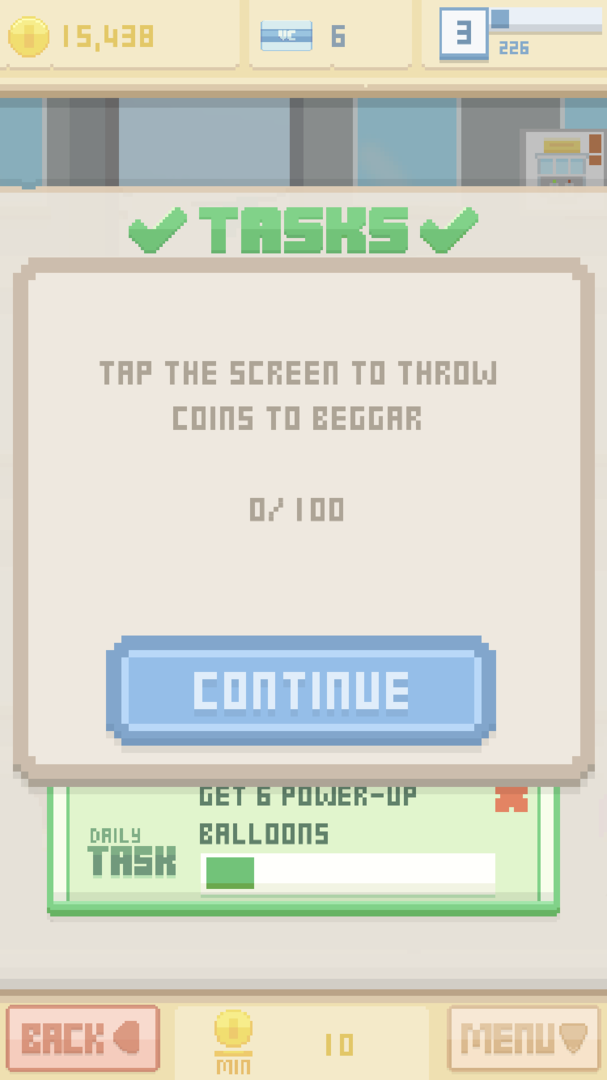Salvation Army condemns degrading mobile game, Virtual Beggar
published on 5 May 2019

- Church and charity says game fuels stereotypes and trivialises complexities of homelessness -
A game, which features a bearded avatar portraying a street ‘beggar’ has been condemned by The Salvation Army. The church and charity says ‘Virtual Beggar’ is degrading to the thousands of people who struggle with homelessness in the UK and will be calling for the game to be taken down.
The mobile game encourages users to tap their screens in order to have coins tossed at the avatar, which ‘help him out of poverty’.
Malcolm Page, Assistant Director of Homelessness Services for The Salvation Army says: “Homelessness is a serious social issue with vulnerable people at its heart; unfortunately, it is games like Virtual Beggar that only serve to reinforce stereotypes and are utterly counter-productive in tackling the issue of homelessness.
“The game does nothing to help people’s understanding of the root causes of why some people fall into homelessness and – crucially – how to support people out of their situations.
“The Salvation Army provides support for people who are homeless according to their needs. The causes of homelessness are varied and complex, often there are several reasons – from relationship breakdown to mental health issues or job loss. Drugs and alcohol can play a part, but it often comes as a result of becoming homeless.
“Virtual Beggar places an avatar on the street and encourages users to tap their screens to have coins thrown at it; not only does this trivialise the complexities of homelessness, it also reinforces an absolutely false notion that all people who are homeless are on the street and labels people who are homeless as beggars.
“The game, which is cartoon-like, uses stereotypical images and scenarios of homelessness, and encourages an overly simplistic view that throwing coins at someone on the street will help them on their way to riches. The message this sends out to users of any age is irresponsible, yet what’s particularly concerning is that the age rating for this game is approved for children as young as four.
“Many homelessness charities, including ours, focus on preventing homelessness and offer practical support – donating can help us with our work. However, what’s important is that we move away from detrimental stereotypes, and instead focus on understanding the causes of homelessness in order to see people not labels, and work together on solutions.
“We will be asking for the game to be taken down from download sites.”
The Salvation Army is also concerned that the game has an open chat feature, which can expose young, vulnerable app users to unwanted attention.
The Salvation Army provides 3,081 places every night in 67 lifehouses (hostels) for people experiencing homelessness and 8,600 people experiencing homelessness received help and support at weekly drop-ins. Its services give people the tailored and practical support they need to rebuild their lives, including housing advice and training in basic life skills through residential lifehouses, community drop-in centres, move-on accommodation and floating support, working with people who often face multiple forms of exclusion and disadvantage.